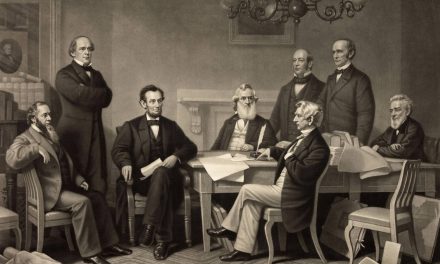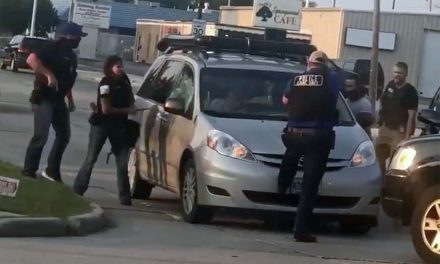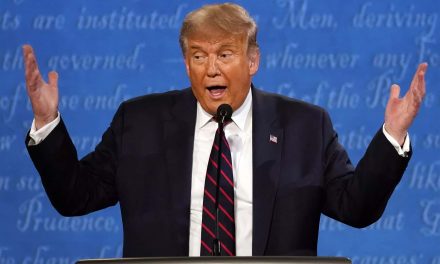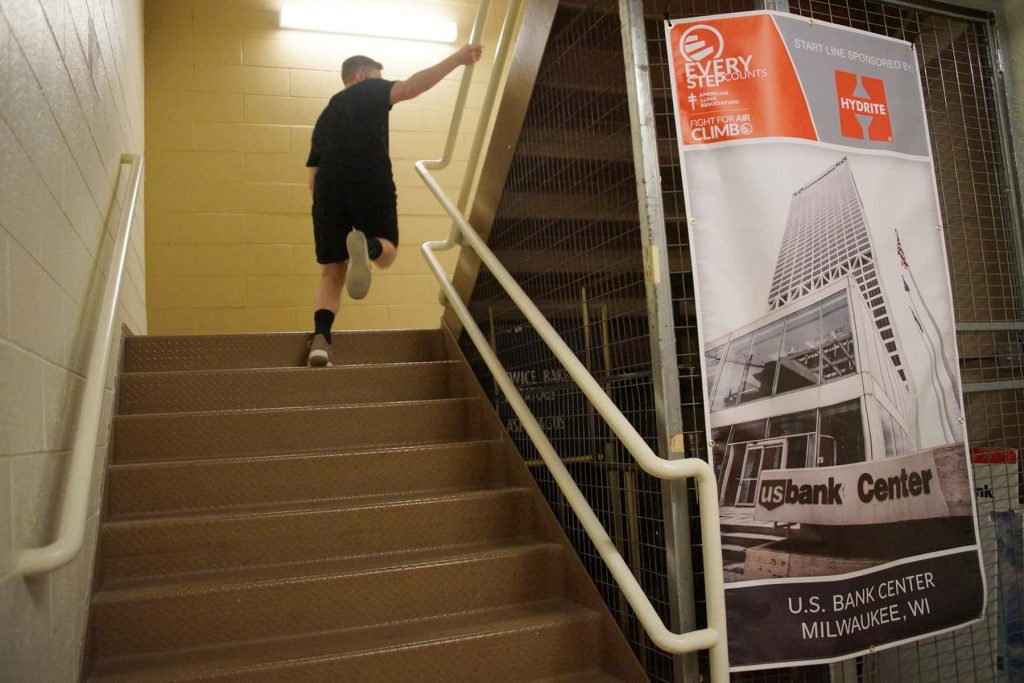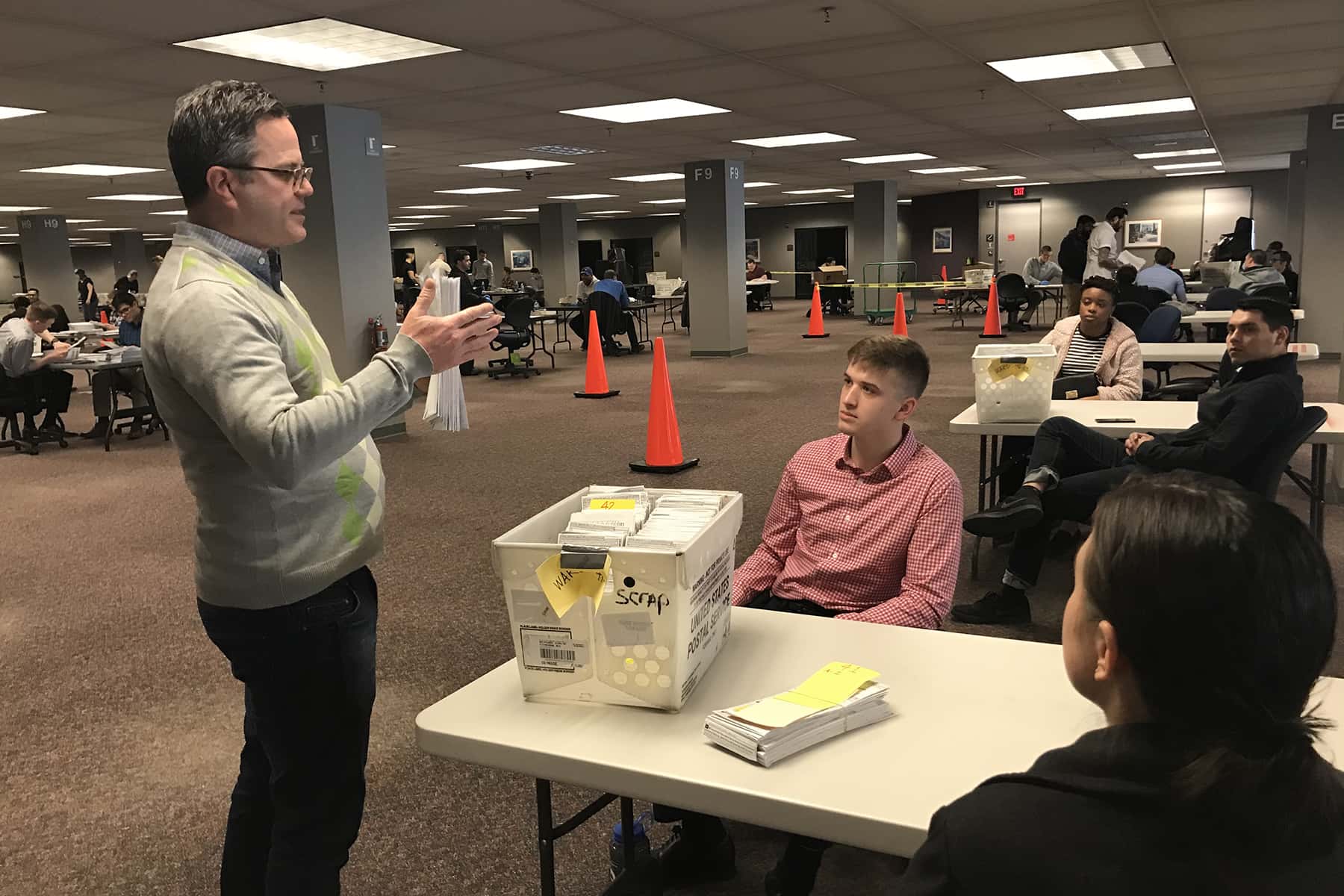
The increasing number of COVID-19 cases among people who voted in-person for Wisconsin’s April 7 election is fueling demands for Congress to help fund the implementation of expanded vote-by-mail provisions in every state for the rest of this year, particularly for the nation’s general election scheduled for November.
Wisconsin’s Republican legislative leaders and state Supreme Court were roundly criticized for ignoring the advice of public health officials and moving forward with in-person voting on April 7—while other states delayed their elections—as well as for quashing last-minute efforts of Democratic Gov. Tony Evers to address the safety concerns about polling sites. The “civic catastrophe” and the emerging fallout have contributed to mounting calls to expand vote-by-mail nationwide.
“So far, 36 people who tested COVID-19 positive after April 9 have reported that they voted in person or worked the polls on election day,” Jennifer Miller, a spokeswoman for the Wisconsin Department of Health Services announced on April 27:
Miller said “several” people within that group reported additional possible exposures, making it unclear whether the election itself is responsible for their contraction of the disease. If those people contracted the virus prior to the election, they could have also spread it to others who went to the polls that day. For that and other reasons, the figure is likely to grow in coming weeks. Forty people in Milwaukee County who participated in the election have tested positive. Milwaukee Health Commissioner Jeanette Kowalik on April 24 said data was still being analyzed but could be finalized by May 1.
In a statement on April 27, Nancy Wang, executive director of the Michigan-based group Voters Not Politicians, pointed to the data on post-election coronavirus infections in Wisconsin as evidence that “Wisconsin lawmakers put voters’ lives at risk by proceeding with in-person voting as usual during the COVID-19 pandemic, and now we are starting to see the consequences of that decision on people’s lives.”
Projections from the U.S. Centers for Disease Control and Prevention “show that COVID-19 infections will likely continue this fall,” Wang added. “We must act now to protect voters in Michigan during the August and November elections. We call on our lawmakers to swiftly move to a vote-by-mail solution for our state while providing safeguards to ensure no voter is disenfranchised. During this pandemic, vote-by-mail will save lives.”
A new poll from The NORC Center for Public Affairs revealed that there is rising support across the U.S. for vote-by-mail. The polling results, published Monday, found that six in 10 Americans would support their states moving to vote-by-mail for the November election because of the pandemic.
The poll found that “Democrats are now much more likely than Republicans to support their state conducting elections exclusively by mail, 47% to 29%.” The data showed that the “wide partisan divide suggests President Donald Trump’s public campaign against vote-by-mail may be resonating with his Republican backers.”
Faced with intense pressure to defy Trump’s baseless attacks and use federal legislation related to the pandemic to safeguard the right to vote, Democratic House Speaker Nancy Pelosi said that “in this next bill, we will be supporting vote-by-mail” to protect both public health and the “life of our democracy.”
Pelosi’s promise was welcomed in a statement from Stand Up America founder and president Sean Eldridge, whose group has helped lead the call for Congress to provide states with at least $4 billion in funding to assist with efforts to make voting safer in the midst of the public health crisis.
“Congress is running out of time to ensure that the chaos that happened in Wisconsin doesn’t unfold on a national scale come November. That’s why we’re grateful to Speaker Pelosi for promising to include additional election assistance funding in the next House relief package,” said Eldridge.
“Democrats in the Senate should follow her lead and use their leverage to ensure states get $4 billion to expand mail-in voting, extend early voting, implement online voter registration nationwide, and protect poll workers,” he added. “We cannot let Republicans or Democrats in the Senate off the hook until we have a guarantee that sufficient election assistance funding will be included in the final relief package.”
Eldridge added that spending $4 billion to ensure that voters can safely cast their ballots is “a small price for Congress to pay to guarantee Americans right to vote during this ongoing crisis.”
Jessica Corbett
Originally published on Common Dreams as Growing Number of COVID-19 Cases in Wisconsin Fuels National Demands for Vote-by-Mail

